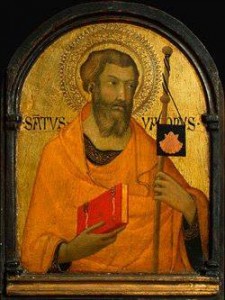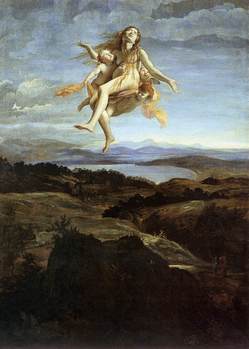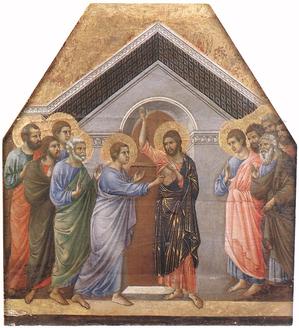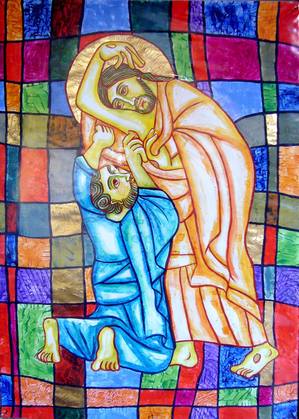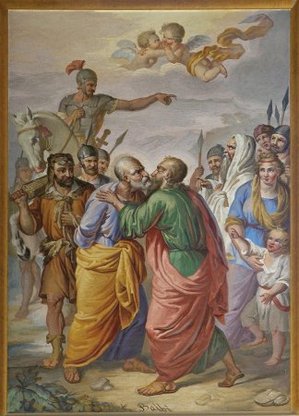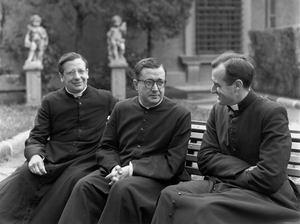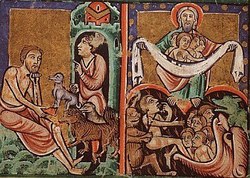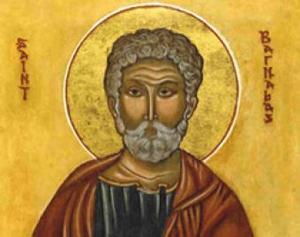 Today, is the liturgical memorial of Saints Joachim and Anne, the remembrance of Our Lord’s maternal grandparents. Here we are able to relate to the humanity of Jesus, and not just His divinity. The genius of God that we are able to trace a genealogy!
Today, is the liturgical memorial of Saints Joachim and Anne, the remembrance of Our Lord’s maternal grandparents. Here we are able to relate to the humanity of Jesus, and not just His divinity. The genius of God that we are able to trace a genealogy!
While the secular world has a grandparents’ day, the Church has one too. Today. The feast of Saints Joachim and Anne could serve well as an occasion to recall the fact of our grandparents, and also be the occasion to consider the grace of having an extended family.
I am grateful for both the paternal and maternal grandparents God gave me. It was a privilege to have both sets of grandparents until 1987, when my paternal grandfather died; I was further graced by having a grandmother in my life until I was 33. Thanks be to God! My grandparents were wonderful and brilliant people who nurtured me and the family. It was my maternal grandmother, Marion, who taught me my prayers. Grandparents can be great models of a life of discipleship.
The Ordinary Form of the Latin Church observes today as the feast day for Joachim and Anne while the Extraordinary Form celebrates today as Saint Anne’s feast and then Saint Joachim on August 16; the Byzantine Church observes the feast on July 25 and claims the feast being observed as early as AD 550; in Rome some say the feast was observed in the 8th century. The Orthodox Church honors Anne with the title of “Forebearer of God.” Catholicism is a historical religion but here we have not concrete evidence to give except to say it is the sacred tradition of the Church that what liturgically recall today is in fact true. This is so because we believe that not only does God act reasonably but He acts in history. What we know about Saints Joachim and Anne does not come from the canon of sacred Scripture (the Bible) but from a source outside the approved biblical narrative in a text called the Protoevangelium Jacobi –or, the Gospel of James– written about AD 150-170. This text is not terribly reliable but it is referenced by the Church. In many ways Joachim and Anne reflect the experience of Abraham and Sarah, the narrative of Samuel and his mother Hannah (I Kings), and later John and Elizabeth. In Hebrew, Anne is translated as Hannah.
I am happy to say that the image above is that of a friend, Adrienne M. Keogler.
